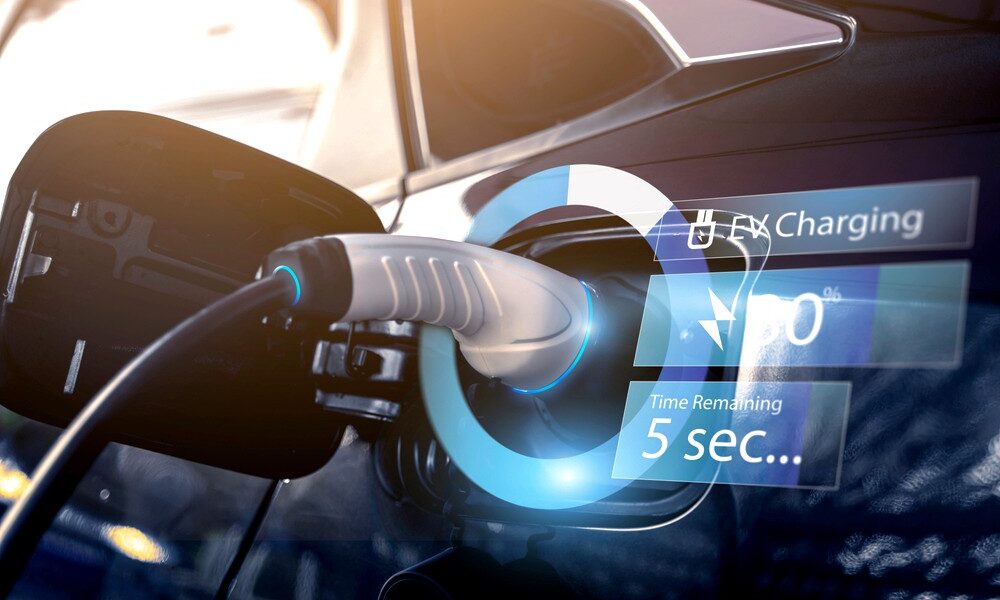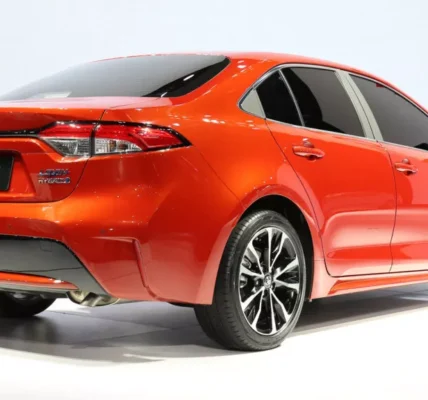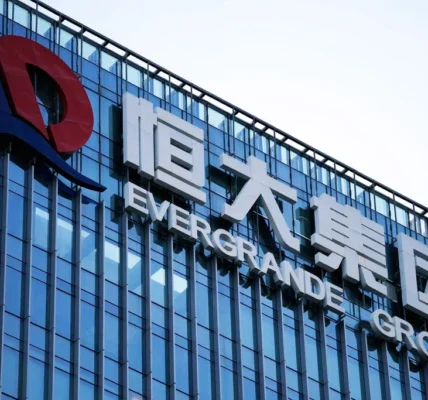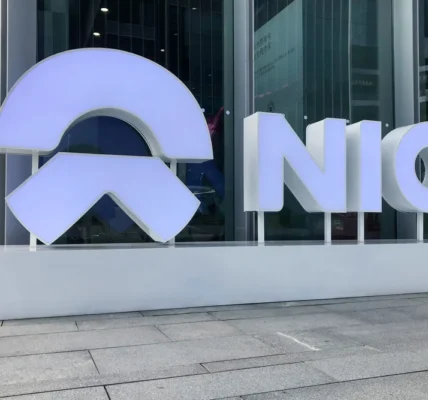Aion and Zeekr, the electric vehicle subsidiaries of Chinese automakers GAC and Geely respectively, each broke their monthly records for vehicle deliveries in October, while US-listed EV trio Nio, Li Auto, and Xpeng Motors lagged behind their peers.
Why it matters: Although Tesla and BYD have long been the undisputed leaders in the Chinese EV market, GAC and Geely are among the traditional automakers leading the chase. The October delivery results also reflect the strong momentum of Huawei-backed EV maker Seres and the mounting troubles faced by Xpeng.
GAC: The state-owned automaker said on Tuesday that it delivered 30,063 Aion-branded vehicles in October, an increase of 149% from the same month last year. That number brings Aion’s total delivery numbers this year to 212,384 vehicles.
Toyota’s Chinese manufacturing partner is ramping up efforts to meet an annual delivery target of 250,000 Aion-branded EVs this year, with its second auto manufacturing plant for Aion beginning operations in Guangzhou in early October.
Geely: Zeekr made deliveries of 10,119 EVs in October, a record high for Geely’s premium EV brand. Year-to-date sales totaled almost 50,000 as of last month, with the brand close to reaching its goal of delivering 70,000 cars this year.
Geely is looking to spin off Zeekr for an initial public offering, through which Volvo’s parent company expects to fund its plans to introduce six Zeekr-branded models within five years.
Seres: Huawei‘s manufacturing partner delivered 12,018 Aito-branded EVs last month, a 461% jump from a year earlier. October was also the third straight month that it has delivered over 10,000 units in a single month since the delivery of its first production car began in March.
Xpeng: Deliveries of the eight-year-old EV maker more than halved year-on-year to just 5,101 vehicles last month. Vehicle deliveries totaled 103,654 units from January to October, far from the company’s unofficial 2022 guidance of 250,000 vehicles set early this year.
A total of 623 G9 crossovers were handed over to consumers last month after delivery began on Oct. 27. The company expects monthly deliveries of its second sports utility vehicle to surpass the threshold of 10,000 units next year after production ramp-up.
The company’s second sedan model, the P5, which the company expected to be a hit in the mainstream segment with a starting price of RMB 157,900 ($21,707), has underperformed with deliveries of around 33,700 units as of October this year.
Nio and Li Auto: The two other EV upstarts each reported October deliveries of more than 10,000 units, slightly lower than the previous month. Yet both have enjoyed a solid performance despite ongoing supply chain issues amid the post-pandemic rebound.
Nio’s premium sedan ET7 is the company’s most in-demand model on sale, recording deliveries of 3,050 units. At the same time, the company only handed over 1,030 units of the ET5, its second sedan model, as production is still ramping up.
The automaker was also forced to cut production at its facilities in the eastern city of Hefei in mid-October due to Covid restrictions, Chinese media outlet 36Kr reported Tuesday, citing people familiar with the matter.
Hozon and Leapmotor: With three entry-level cars on sale, Zhejiang-based Hozon managed to exceed deliveries of 18,016 units in October, representing a 122% year-on-year rise, while Leapmotor deliveries dropped by more than a third to 7,026 units







